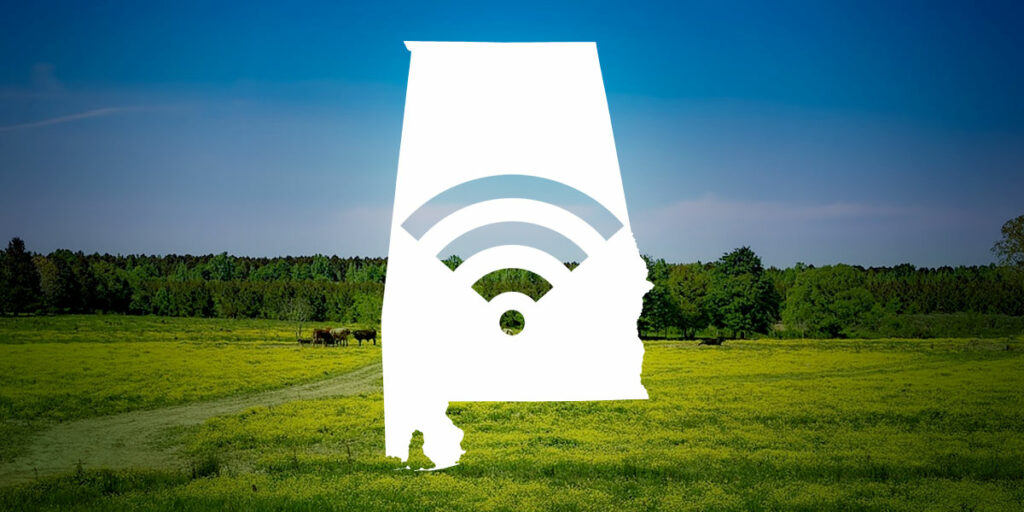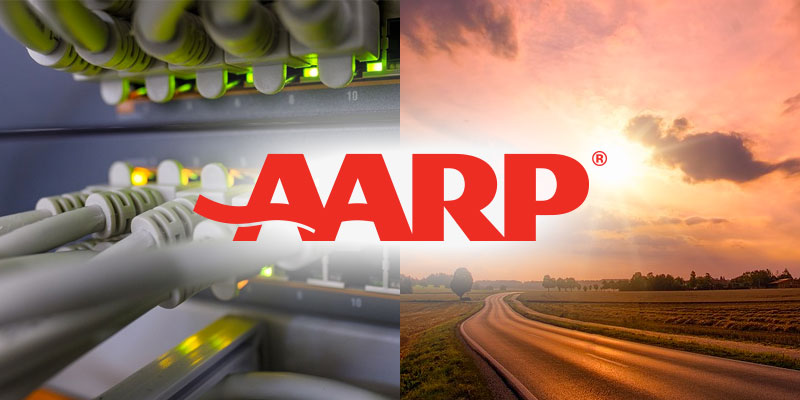We all have had our lives disrupted during this period of health and economic crisis. Students, faculty and staff at Alabama’s colleges and universities are no exception. The Chronicle of Higher Education recently reported that three-fourths of higher education faculty had not taught an online course prior to the coronavirus pandemic and two-thirds of college students had not taken an online course. Over a period of a few days, all college and university students became dependent on digital tools to continue their spring semester coursework. And by most accounts, the transition from in-person to online instruction went well, so long as students and faculty had internet access.
The effort to make this change possible began much earlier with the foresight of institutional leaders and pioneering IT staff. In 2003, Wake Forest University Provost David Brown challenged the higher education community to not only embrace technology, but to make computing ubiquitous on campus. This defined the goal of ensuring that colleges were fully wired and wireless, therefore giving students and staff access to campus digital resources from their own devices anywhere on campus. The majority of institutions achieved this goal within a decade of Provost Brown’s call to arms.
Higher education’s pivot to online instruction is commendable and encouraging, but broadband access is not ubiquitous off-campus. Connectivity is particularly sparse in our rural communities. The Montgomery Advertiser recently reported that in nine of Alabama’s 67 counties less than 30% of the residents have access to high-speed internet. These “internet deserts” result from the lack of infrastructure of fiber optic cables and wireless networks, contributing to a digital divide between those who can continue their education and training online and those who cannot.
Funding broadband access is essential in the 21st century. Even before the pandemic, Alabama’s lawmakers recognized the need to expand broadband services and appropriated funding to do so for the current year. Governor Ivey is asking the legislature to keep broadband funding in next year’s budget. This investment is on par with important 20th century contributions to our collective growth and prosperity, such as electrifying rural America, ensuring postal delivery to every home and converting farm- to-market dirt roads to paved highways. Without these investments, small towns and remote communities cannot flourish.
Education continues to be the most effective method for garnering the skills to succeed in the world and to sustain America’s middle class. Post-COVID-19, higher education will be a major contributor to economic recovery. As many in Alabama and across the country seek additional education and training, the prevalence of online courses will grow. A recent report from Strada’s Center for Consumer Insights found that one-third of Americans believe that if they lost their job, they would need more education and training to re-enter the job market at the same income, particularly in the fields of information technology and finance. Of those who responded, 54% said if they needed training to get back to work, they would prefer online courses.
But for this recovery to be possible, we must ensure that every Alabamian has access to affordable, reliable, high-speed internet.
Jim Purcell is the Executive Director of Alabama Commission on Higher Education













